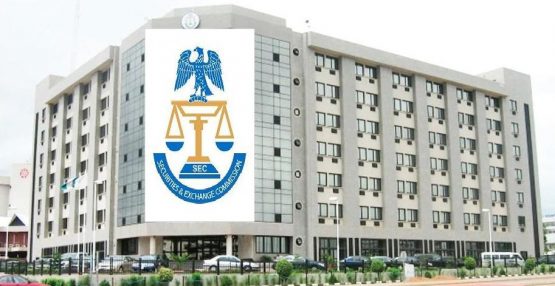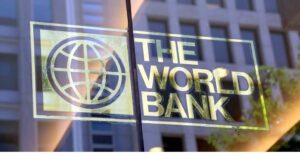
SEC revamped e-Dividend mandate management system
By Matthew Denis
The Securities and Exchange Commission (“the Commission”) has launched the revamped e-Dividend Mandate Management System (e-DMMS) Portal!
Investors whose shareholding accounts appear on the list of non-mandated accounts hosted on the Commission’s website (www.sec.gov.ng/non-mandated) are advised to use the new self-service portal by clicking on “NIBSS Self Service” link on the page and follow the prompts
Alternatively, investors may use the link, https://docuhub3.nibss-plc.com.ng/edmms/self-service, or approach their respective registrars or banks to register for collection of their unclaimed dividends and the receipt of subsequent dividends electronically.




